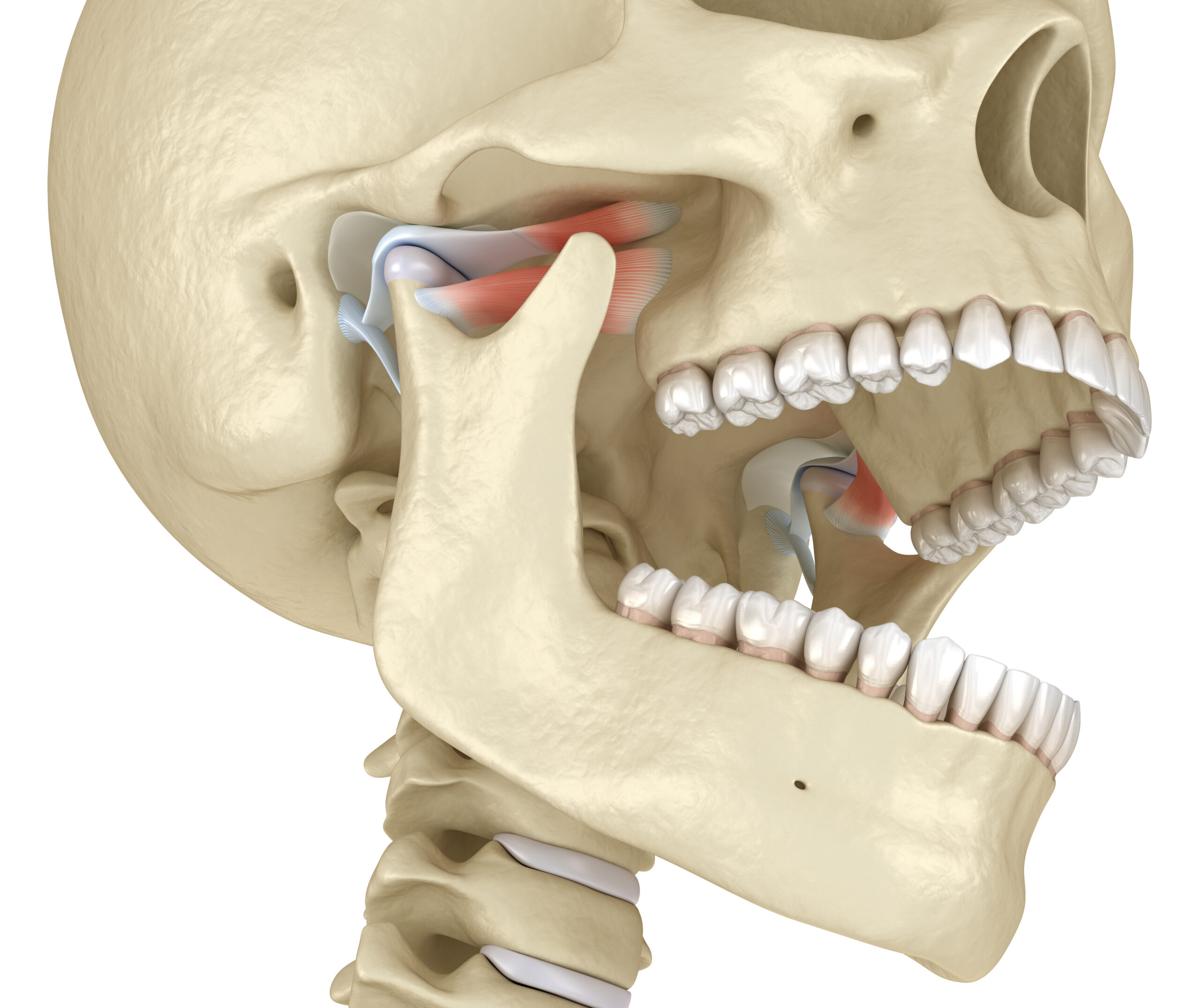The relentless discomfort of chronic headaches coupled with the unsettling sensation of jaw popping can significantly diminish your quality of life, turning even basic activities like eating or speaking into painful ordeals. These symptoms often indicate temporomandibular joint (TMJ) disorders or jaw misalignment issues that extend beyond mere inconvenience—they can profoundly impact your daily functioning and overall well-being.
At Legacy Oral Surgery and Implants, we understand the frustration these persistent symptoms can cause. Our board-certified oral and maxillofacial surgeons specialize in diagnosing and treating complex jaw conditions that may require surgical intervention when conservative treatments have failed to provide relief.
Understanding the Connection Between Jaw Problems and Headaches
Your jaw joint functions as a complex hinge connecting your jawbone to your skull. When this system works properly, it enables smooth movements needed for speaking and chewing. However, several conditions can disrupt this harmony:
Temporomandibular joint disorders (TMJ/TMD) develop when the jaw joint becomes inflamed or damaged, potentially leading to chronic pain that radiates to the head. The connection between TMJ disorders and headaches is well-established, with many patients experiencing migraines or tension headaches as a direct result of jaw dysfunction.
Jaw misalignment (malocclusion) occurs when your upper and lower teeth don’t fit together properly. This misalignment forces your jaw muscles to work harder, creating tension that can trigger headaches and cause the jaw to pop or click during movement.
When Surgery Becomes a Consideration
While non-surgical treatments like night guards, physical therapy, and medication may help many patients, some conditions require more definitive intervention. Consider jaw surgery if you experience:
- Persistent pain despite trying conservative treatments for 6-12 months
- Significantly reduced jaw function affecting eating and speaking
- Clear imaging evidence of structural jaw problems
- Severe malocclusion causing chronic pain
- Degenerative joint disease within the TMJ
Types of Jaw Surgery That May Help
Depending on your specific condition, our surgeons may recommend one of several surgical approaches:
Arthrocentesis
This minimally invasive procedure involves flushing the joint with sterile solution to remove inflammatory byproducts and reduce pain. It’s often effective for patients with disk displacement or limited mobility due to adhesions within the joint.
Arthroplasty
For more complex cases where the disk has become displaced or damaged, arthroplasty allows the surgeon to reposition or repair the disk. This procedure aims to restore proper joint mechanics and eliminate painful clicking or popping sensations.
Orthognathic Surgery
When jaw misalignment is the primary issue, orthognathic surgery repositions the jaws to create proper alignment. By correcting the underlying skeletal discrepancy, this procedure can eliminate the muscle strain that contributes to chronic headaches while improving both function and facial harmony.
What to Expect from Jaw Surgery
The surgical experience varies depending on the procedure, but generally includes:
- Thorough pre-surgical planning with 3D imaging
- Surgery performed under appropriate anesthesia
- Hospital stay for more extensive procedures
- Recovery period ranging from days to weeks
- Physical therapy to restore function
- Significant improvement in symptoms for most patients
It’s important to note that recovery from jaw surgery requires patience. While some immediate relief may occur, the full benefits typically develop over several months as inflammation subsides and the jaw adapts to its new position.
Success Rates and Outcomes
Many patients experience dramatic improvement following jaw surgery. Research indicates that properly selected candidates typically enjoy a significant reduction in pain and improved jaw function. The success depends largely on accurate diagnosis, appropriate procedure selection, and adherence to post-operative care guidelines.
Is Jaw Surgery Right for You?
Our oral surgeons provide comprehensive evaluations to determine if surgery represents the best solution for your chronic headaches or jaw popping. We carefully consider:
- The severity and duration of your symptoms
- Results from previous non-surgical treatments
- Your overall health status
- Detailed imaging studies of your jaw structure
- Your treatment goals and expectations
We believe in starting with conservative approaches whenever possible and progressing to surgical options only when necessary for optimal results.
Contact Legacy Oral Surgery and Implants Today
Don’t continue to suffer from chronic headaches or the discomfort of jaw popping. Our experienced team of oral surgeons has helped countless patients find relief through appropriate surgical intervention. With decades of combined experience and a commitment to exceptional patient care, we’re dedicated to helping you achieve a pain-free life with proper jaw function.Contact our office today at 908-585-4990 to schedule your consultation through our appointment request form.


